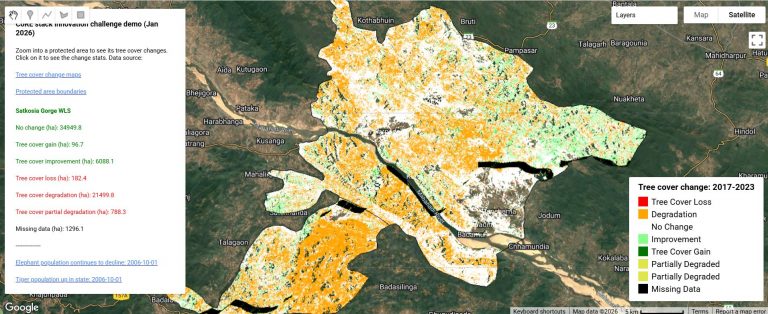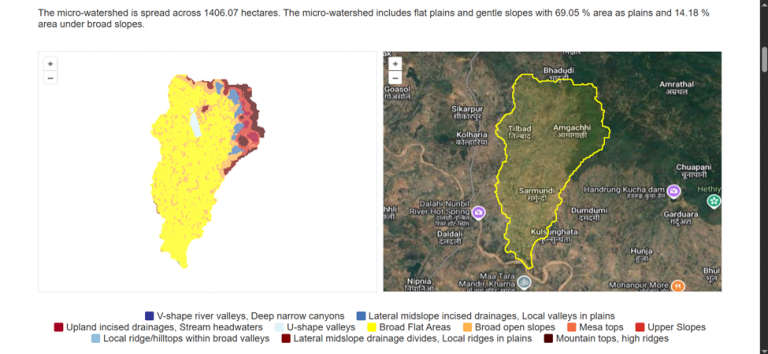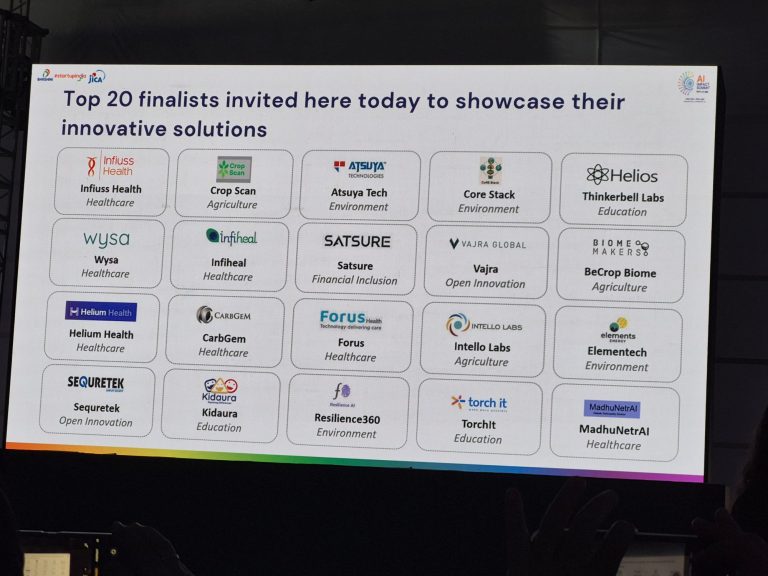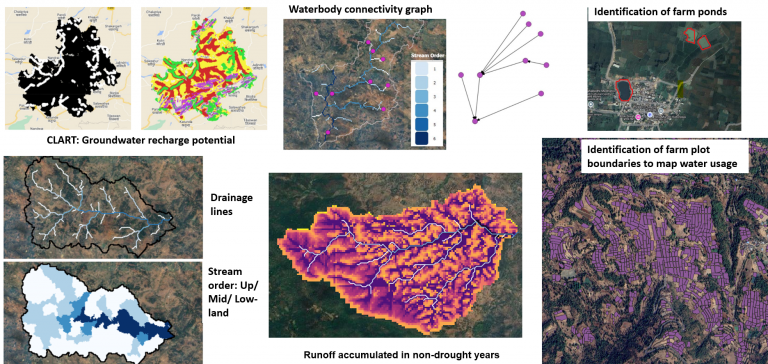The CoRE stack is now in its fourth year (hard to believe!) and has been shaped and built with a large ecosystem of co-creators.

To recount the history briefly, it was starting in the summer of 2022 that the Gram Vaani and IIT Delhi CSE/SIT teams began comprehensively trying to understand community needs through extensive field visits, largely around water security, and how some ongoing research on using AI/ML for societal impact on topics like land use and land cover classification, poverty mapping, forecasting of agricultural commodity prices, etc. could all be brought together and taken to deployment.
Serious building and conceptualization of the stack as a community-based DPI for social-ecological sustainability began in 2023, with field testing of the very initial versions of the tools done towards the end of 2023 and early 2024.
Several pilots began in 2024. The pace of development also picked up as several members of the engineering team from Gram Vaani moved to the CommonsTech Foundation to work on this full-time.
Since then, the ecosystem in India around using geospatial data for climate action and sustainability has also picked up and we are now at an exciting inflection point where CoRE stack can indeed become a core infrastructure for geospatial data and algorithms, but a lot more needs to be done.
The sheet lists the large network of co-creators who have been contributing to the CoRE stack, using it, building on top of it, and have maintained an ethos of collaboration and mutual respect at keeping the ecosystem a vibrant and open space for co-creation.
A lot more needs to be done like this long list of new datasets and pipelines that need to be built, along with so many more components like scaling the compute to pan-India scales and implementing quantifiable impact tracking and assessment methodologies for financial sustainability of landscape stewardship. We are looking forward to growing the ecosystem and taking these ahead.





